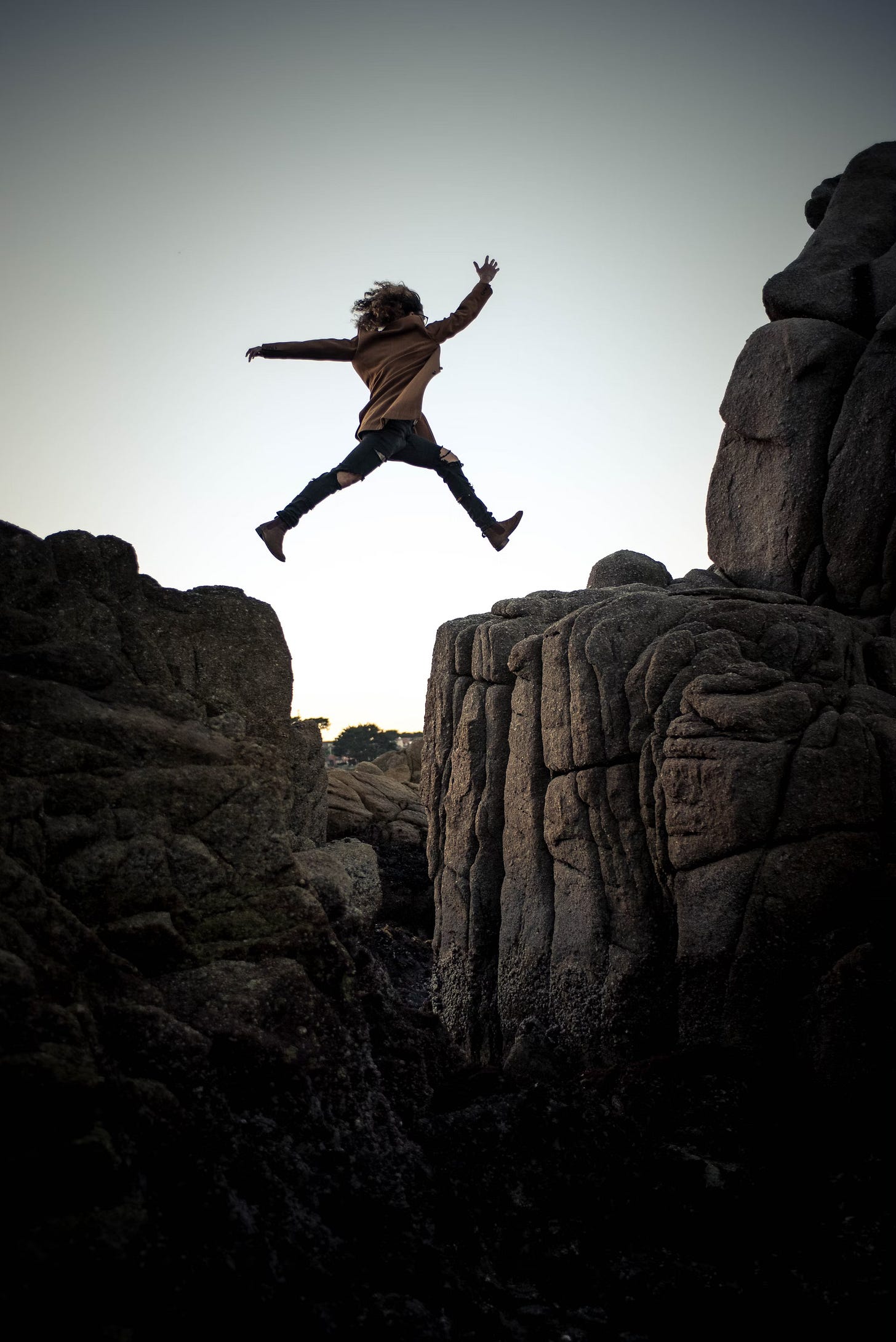Good books and a good word are like a good meal: satisfying and nourishing. For creative folks and word lovers, a well-written and thoughtful book—precise even—is more than a meal; it is a feast.
In my latest recommended read, I find my poetic, recovery, and theological sides sated.
’s new book, Even After Everything: The Spiritual Practice of Knowing the Risks and Loving Anyway, explores the experience of pregnancy loss, birth, love, and risk, all within the traditional liturgical cycle, juxtaposed by a not-so-traditional pandemic that left the world heaving, breathless.When I started reading, I began with a question that I often bring into books: What does this intentionally woven memoir have to do with recovery? What does it have to do with me?
[the question, I’m learning, many of us bring to the content we consume]
At the outset, if you have not experienced pregnancy loss, birth, or motherhood, it may seem that the topics sit on the circumference of many of our experiences. Yet, Smith’s story is a personal one reverse-refined into the universal: We all know loss, we all know hope, we all know love.
Smith begins in the Ordinary Time of the liturgical year after she finds out with a gasp that she will expect a baby during Christmas, almost a year to the day that she lost her first pregnancy.
For my non-churchy friends, the liturgical year is a 12-month-long set of rhythms for life centered around major Christian observances, remembrances, and celebrations. It’s really a lovely way to think of the year. It’s cyclical and organized. My type A brain loves everything about it.
Smith shares about the moment she learned of her own life’s contradictions (the tension between joy and sorrow, love and risk):
“That gasp held the predicament that has haunted all of humankind from the beginning: Ultimately, if this—if anything—is a love story, it is also a risk story. To open ourselves to love is to expose ourselves to the Great Asterisk that renders every love—large or small, person or passion—vulnerable to the terrible risks of loss. Love and loss are always closer than we’d care to confess.”1
Photo by The Chaffins on Unsplash
Smith asserts that there is a liminal space where love, grief, loss, gain, and risk collide like a supernova. Then, there is an expanding like galaxies being born, how she describes becoming a mother:
“A friend once described becoming a mother to me like this: “I discovered whole new rooms in the house.” I liked that image, a certain expansiveness, rather than the closed-in constriction I was afraid of.”
When I was sixteen, I didn’t think I’d live to see twenty-five.
When you are an addict, it’s the way the world feels.
Temporary.
Everything exists between the space of getting high or trying to. There are no glistening futures. No ripe hopes. Only one is never enoughs. Escaping, comfortably numb, and then circling back to the prickly, sober reality: pain doesn’t go away. No matter how much you try. Like an open window in an abandoned home, it remains gaping, stuck.
Yet, along a recovery journey, we find that it is much like the birthing process: We discover whole new rooms, new identities, and re-discover ourselves.
We are within this liminal time, yet as Smith shares: “For God, there is no moment that stands outside God’s present. And so for us, there is no moment in which God’s presence does not meet us.”
So, we often stand at this threshold, this place of new birth juxtaposed with the loss of our old lives, our old selves, and our old identities.
We don’t talk about the grief enough, I think. Especially the grief of early recovery when loss permeates everything around us. We let go of everything we know—either willingly or because of our choices or the consequences of these choices. There is so much that gets stripped away.
There is first a lessening, a loss. Before the expansion.
And this loss reminds me of this verse from John 12:24:
Very truly I tell you, unless a kernel of wheat falls to the ground and dies, it remains only a single seed. But if it dies, it produces many seeds.
Therein lies the beautiful mystery of loss, of risk, of losing ourselves to find ourselves all within this cycle of time that breathes in and out. Even after everything we go through in life—and in death—there is meaning, there is love.
Recovery and loving ourselves is like taking a deep breath in our world today. It is an act of ultimate surrender.
As you read your copy of Smith’s new book (which I hope you do!), may you remember that when we love, we are brave. When we surrender in recovery, we are joining a human family that takes life-leaps of risk, into unknowns with hope and daring, and all for love.
What a beautiful reminder for a time such as this.
“Perhaps love, in its truest form, takes the shape of surrender. Love is a downright requiem of control. That’s precisely what makes love so daring. That’s what makes love’s trying so brave.”
Smith, Stephanie Duncan. Even After Everything: The Spiritual Practice of Knowing the Risks and Loving Anyway. Penguin Random House, 2024.





This book is breathtaking and beautiful! I am loving and savoring it.